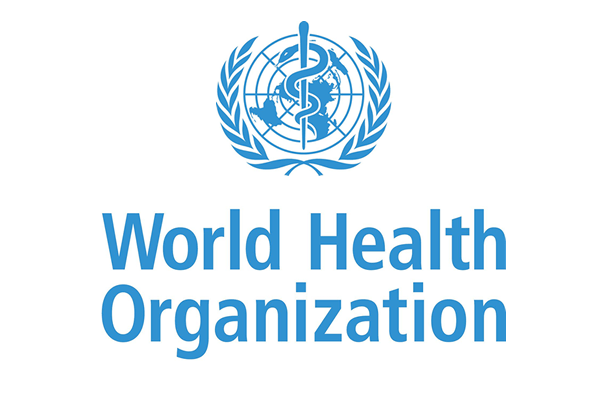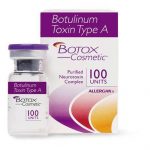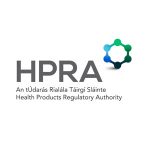While the developed world certainly has a problem with illegal drugs and controlled substances being smuggled into their borders, the truth of the matter is that the overwhelming majority of the drugs seized today have little to do with your traditional “hard drugs” and a lot more to do with prescription medications like anabolic steroids – specifically counterfeit and prescription medications.
Organizations in the United States, Canada, and Europe all agree that counterfeit prescription drugs are one of the biggest challenges facing our world today and one of the biggest problems we are going to face for years to come if something doesn’t change soon there
Europol released information just last month that more than 13 million individual doses of counterfeit or illegal prescription medications were seized across 16 different countries in Europe, and that more than $185 million (US) of illegal prescription medications are counterfeit prescription medications had been sold in Europe alone throughout 2018.
The Americans are dealing with the same kind of problem, reporting that a significant amount of the drugs that they have seized at U.S. Customs installations are illegal and counterfeit pharmaceutical options designed to offer “discounts” on the real deal. Many of these counterfeits have none of the active ingredients or chemical makeup of the drugs that they are posing as, instead representing a serious and significant health risk to unknowing individuals and customers around the world.
The developing world is also suffering from these counterfeit problems. A report in the American Journal of Tropical Medicine and Hygiene says that professional doctors and medical experts in developing nations around the world believe that more than 250,000 children will die every single year because they receive poor quality, knockoff, or outright phony drugs rather than the real deal.
Pharmaceutical industry insiders and financial experts believe that as much as $200 billion a year is lost by the global economy because of these counterfeits. On top of that, experts believe that increases in antimicrobial resistance – basically a natural resistance to legitimate prescription drugs – is occurring around the world because of the proliferation of counterfeits that don’t deliver their payload but change the biochemistry of those that would need to use real drugs in the future.
The World Health Organization in November 2017 published a report stating that 10% of all pharmaceutical products circulating throughout lower and middle income nations were either fake or of a substandard quality.
The WHO is calling on Big Pharma companies to get their act together, innovating new ways to protect their supply chain, to better identify legitimate drugs from counterfeits and fakes, and to find a way to push back against those that are looking to break down the trust that the global population has in pharmaceutical interventions to begin with.
The WHO also recommends that nations around the world start taking these criminal offenses a lot more seriously, too. They would like to see much stiffer penalties for those involved in the legal and illicit pharmaceuticals trade and are encouraging countries to really crunch down on this epidemic.
Source:







